Study Report: mTOR Ser-2448 phosphorylation induces cancer progression through Bid pathway
Study Report: mTOR Ser-2448 phosphorylation induces cancer progression through Bid pathway
The mammalian target of rapamycin (mTOR) is a highly conserved serine/threonine kinase that regulates cell proliferation with the growth factor and nutrient status of the cell. The activation of mTOR, especially through the Akt-mediated phosphorylation of mTOR at Ser-2448, has been shown to be associated with the advanced progression of prostate cancer. The detailed mechanism of how mTOR signaling affects prostate cancer advancement still remains elusive.
Choi et al (J Clin Biochem Nutr, 2013) recently found that Mithramycin A (Mith), an initially evaluated polyauroleic acid-based chemotherapeutic agent in the 1960s, significantly decreases phosphorylation of mTOR pSer-2448 in prostate cancer cell lines and induces apoptosis in these cell lines through the truncation of Bid.
In arigo, we group our antibody products together as according to their scientific relevance. arigo offers mTOR phospho duo (ARG30052) and apoptosis marker duo (ARG30021) for studying the function of mTOR in the cell proliferation and homeostasis abnormality of tumor cells. mTOR phospho duo comprises antibody against mTOR (total form) and mTOR pSer-2448 respectively; while apoptosis marker duo consists of antibodies against Bcl2 and Bid.
| ARG30052 mTOR phospho Duos | |
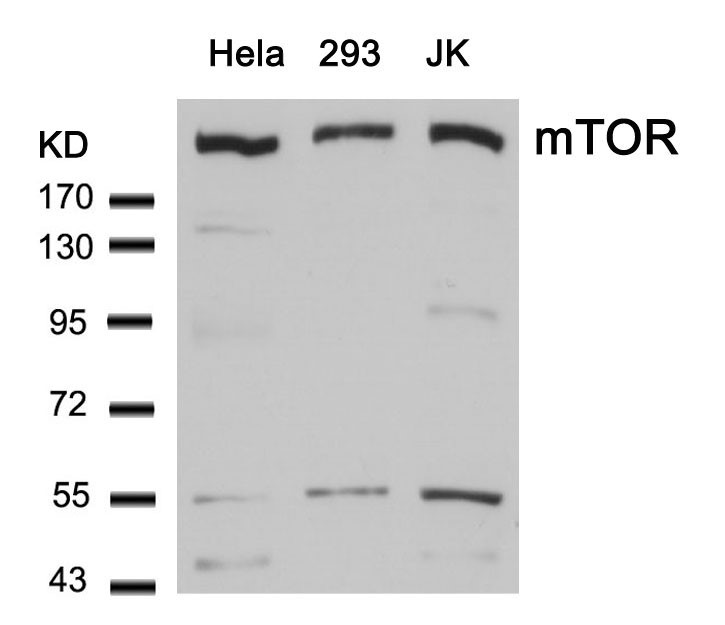 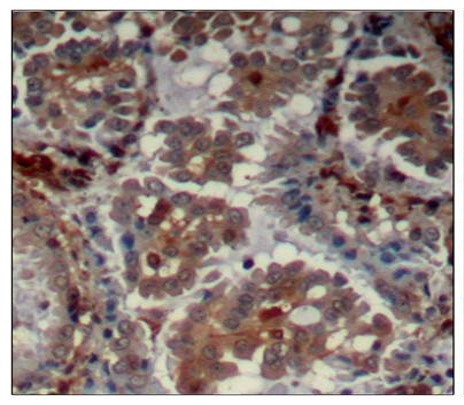 |
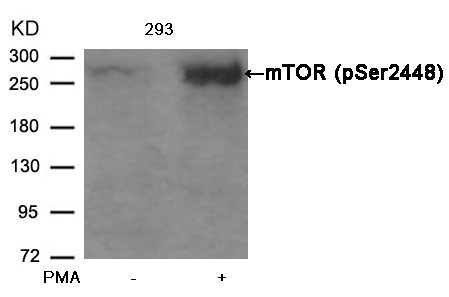 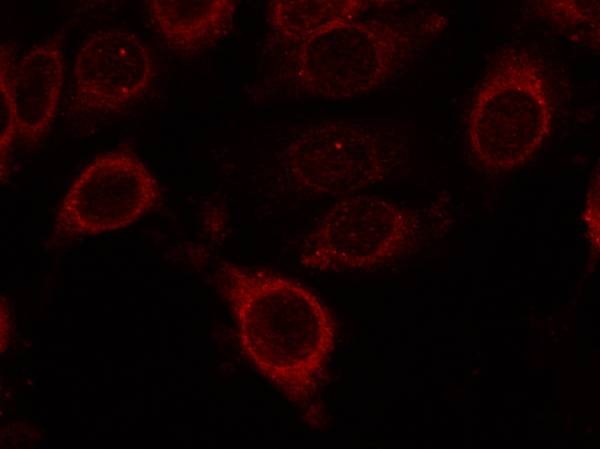 |
|
mTOR antibody |
mTOR (phospho Ser2448) antibody |
| ARG30021 apoptosis marker Duos | |
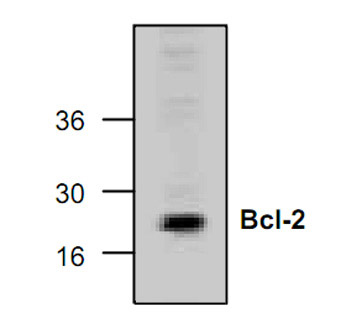 |
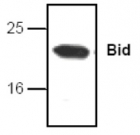 |
| ARG20424 Bcl-2 antibody | |
